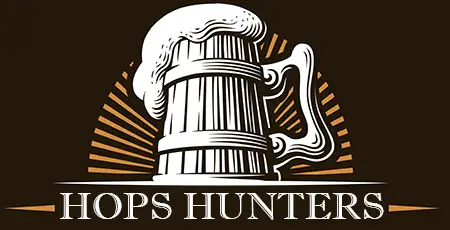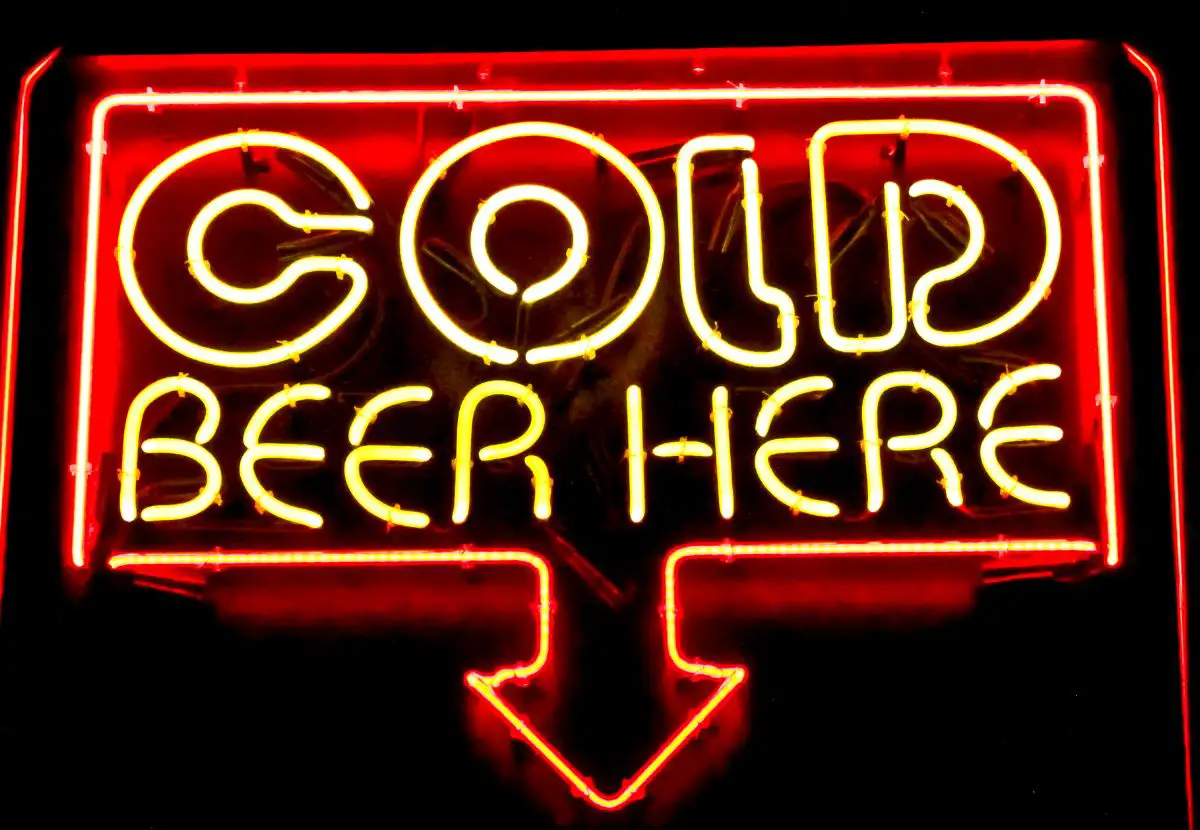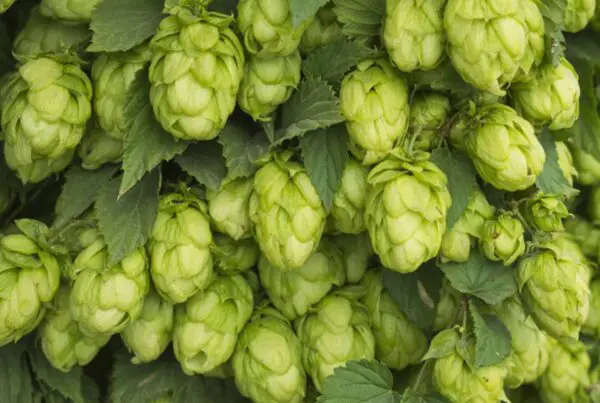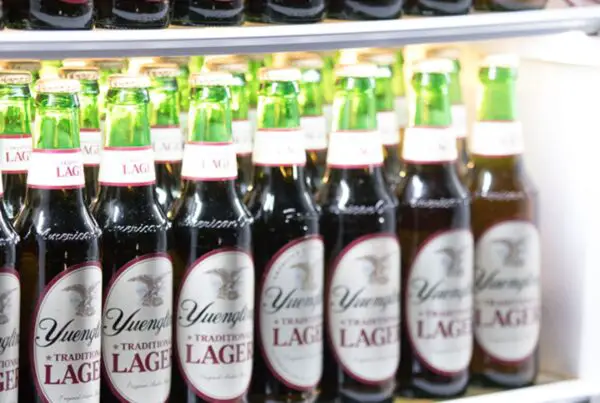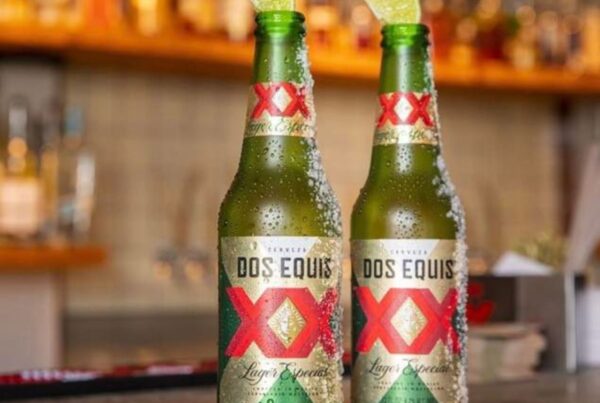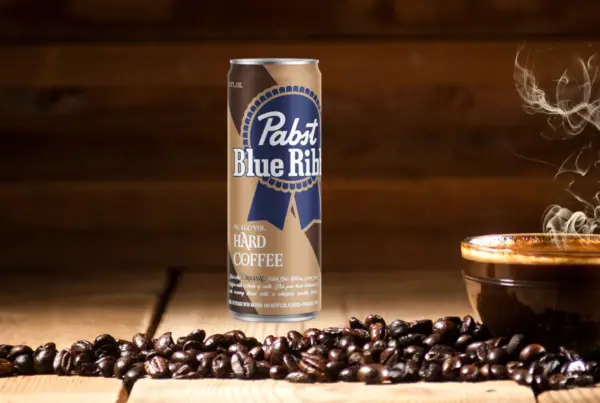Why Can’t You Buy Cold Beer in Indiana? The Cold Hard Facts
Ever caught yourself daydreaming about wacky alternate realities? Like ones where you can only buy ice cream served hot unless it’s at a pet store?
Ever wanted to throw a party where the coolest thing is the music—because your beer sure isn’t?
Brace yourself (and maybe pack an extra cooler) because this isn’t some far-off dreamland we’re talking about.
This is Indiana. And today, we’re talking about Indiana’s warm beer laws.
Is this some new craft beer thing? An eco-friendly move to save energy on refrigeration? A backroom ploy to raise stock prices for Big Ice Cube?
Nope, it’s just Indiana being… well, Indiana—marching to the beat of its own warm drum.
For many, the idea of a lukewarm light lager is the stuff of nightmares, but in Indiana, it’s a peculiar reality.
Yep, the Hoosier State has put its foot down on the idea of optimal storage temperatures for beer—unless you’re hitting up a package store*, that is.
Note: A package store is just a term for a liquor store in which only sealed containers may be sold to be drank off the premises. It’s more commonly used in certain states, like Indiana, Georgia, and Connecticut.
Why Indiana Gives the Cold Shoulder to Cold Beer
So, why can’t you buy refrigerated beer in Indiana? What’s the point, exactly?
Well, for over a decade, grocery stores, convenience marts, and pharmacies have been locked in an icy standoff with lawmakers. Their mission: To bring the simple joys of ice cold beer to their shelves.
What began as an antiquated “blue law” aimed at curtailing consumption has since evolved into a fierce turf war. Liquor stores, holding tightly onto their refrigerated monopoly, contend they should remain the sole providers of cold brews.
Their defense? That this exclusivity not only sets them apart but is the lifeblood that keeps their doors open.
Meanwhile, some residents think the ban should stay in place, because they believe it curbs underage alcohol consumption.
Of course, the underlying implication here is that teenagers will refuse to drink warm, tepid beer. (Come on, Indiana. We were all teens once.)
And now—here’s the twist: You can buy cold wine pretty much anywhere in Indiana—gas stations, grocery stores, you name it.
But cold beer? Only at liquor stores.
Can You Buy Beer on Sunday in Indiana?
For years, you couldn’t buy alcoholic beverages from stores in Indiana on Sundays. But in 2018, Indiana lifted its long-standing ban—allowing liquor stores, grocery stores, convenience stores, and drug stores to sell alcohol from 12pm to 8pm on Sundays.
It was a significant change in the state’s alcohol regulations and was received with mixed reactions from residents.
But for those who found their fridge empty on a Sunday, it was a welcome shift in policy.
Different States, Different Problems
Indiana isn’t alone in its bizarre alcohol regulations. In some places, the alcohol shopping experience is more of a scavenger hunt than a convenient stop.
- Take Pennsylvania, for instance: Want some wine or whiskey with your beer? Well, you better be prepared to take a trip to another store.
- Take North Dakota: One of the stranger beer laws, North Dakota once had a rule against serving beer and pretzels at the same time in bars and restaurants.
- Take Oklahoma (please!): Similar to Indiana, Oklahoma had rules against selling cold beer that exceeded 3.2% ABV in convenience and grocery stores. Anything with a stronger ABV had to be sold at room temperature. (This law changed in the Fall of 2018.)
And don’t even get us started on North Carolina’s beer laws.
Is Change Brewing?
While these weird state beer laws might give some a reason to question their residency, and others a migraine from drinking room temperature fizz, one has to wonder: are some of Indiana’s lawmakers still nursing their near beer from the Prohibition era?
As more states modernize their alcohol regulations, perhaps Indiana will finally get with the times. There are few indications that is actually happening—other than some notable increased buzz this year about changing things in the Indiana press—but hey, you never know.
